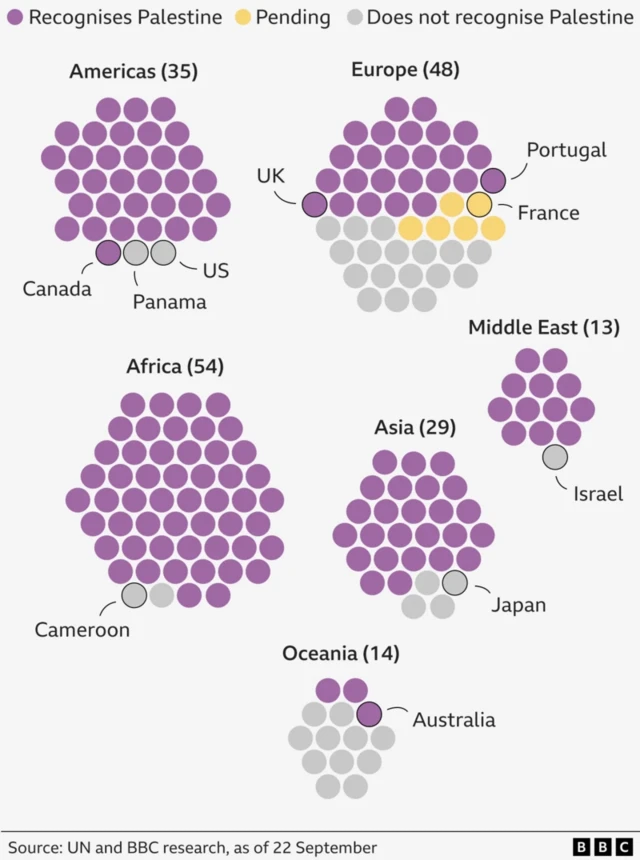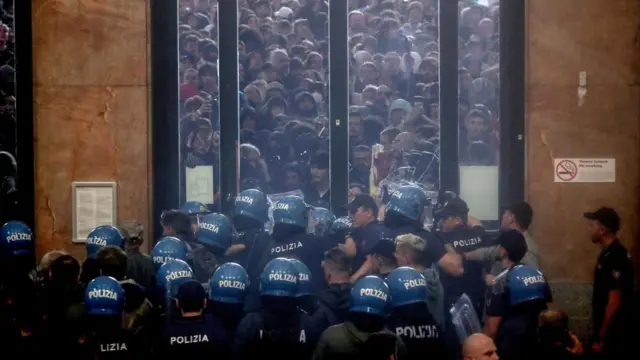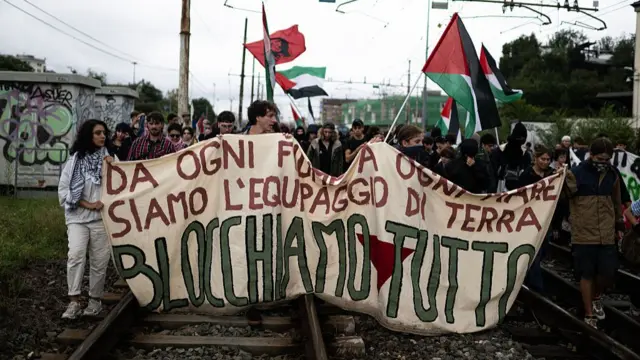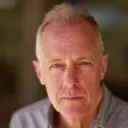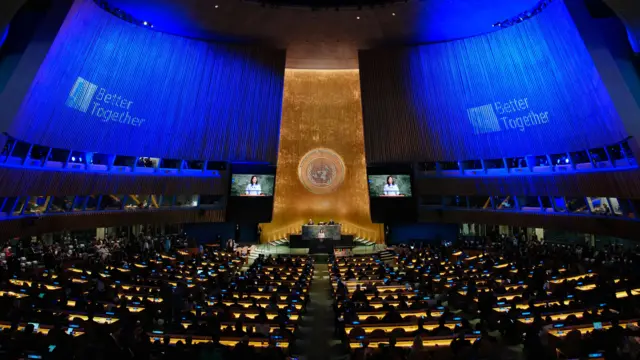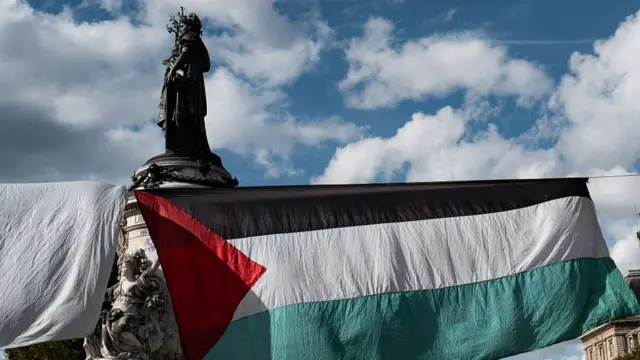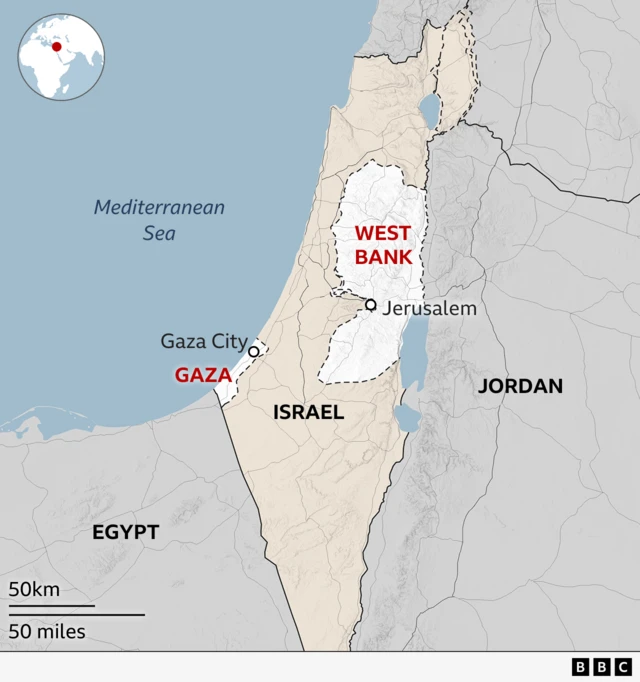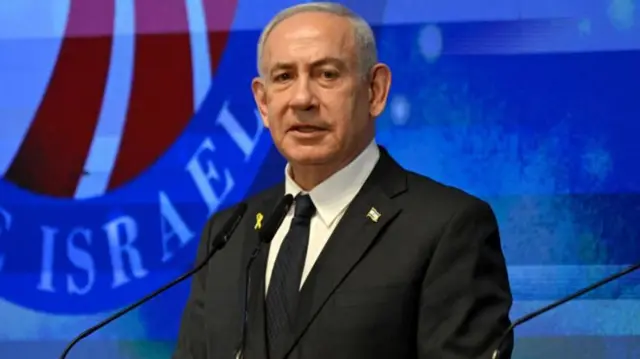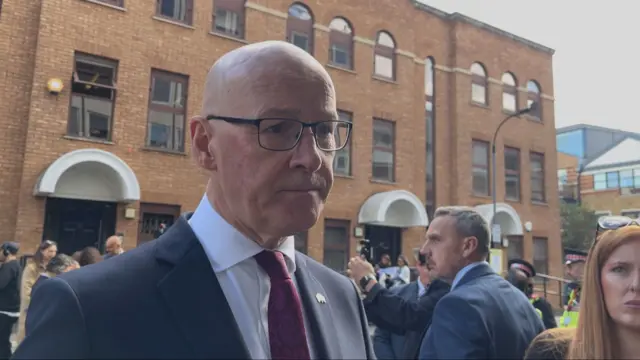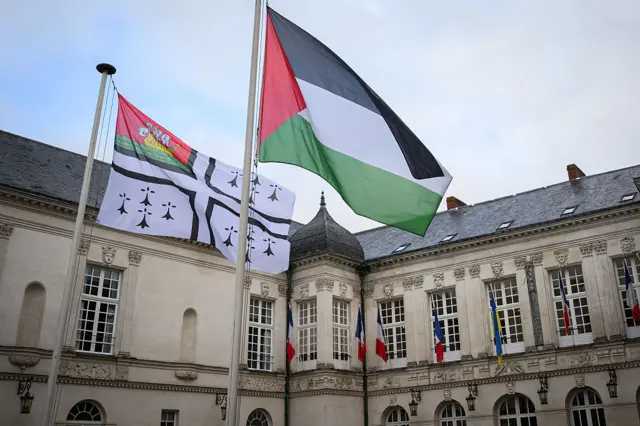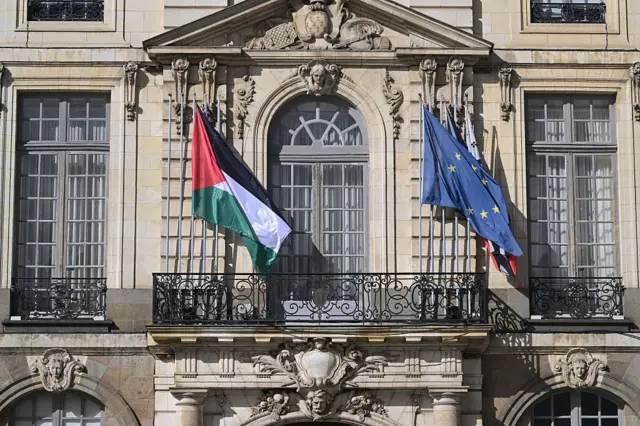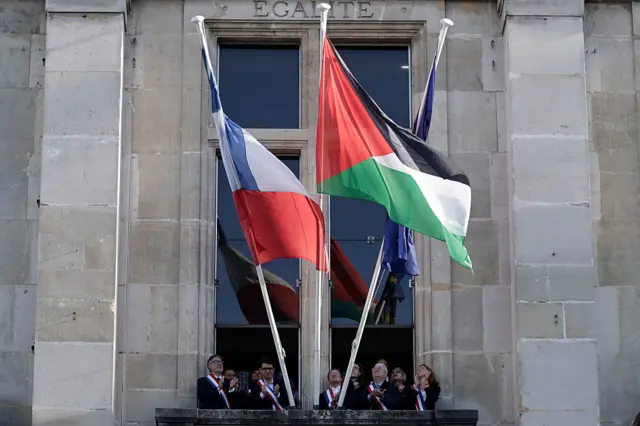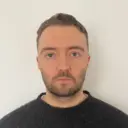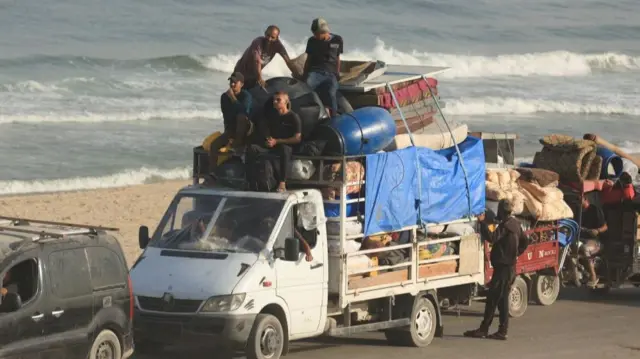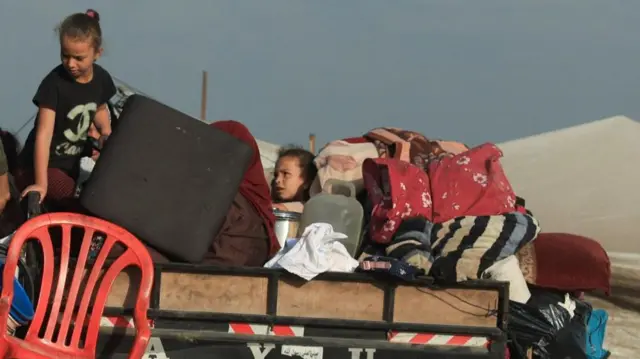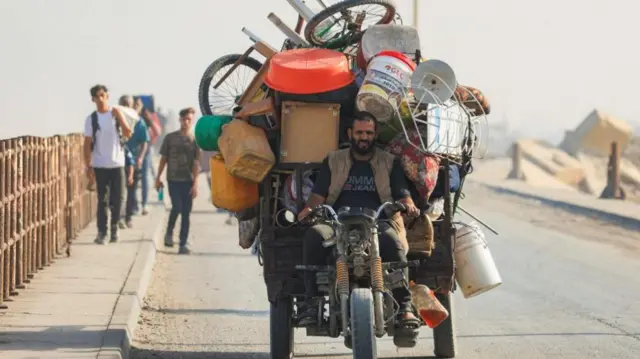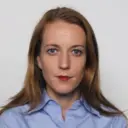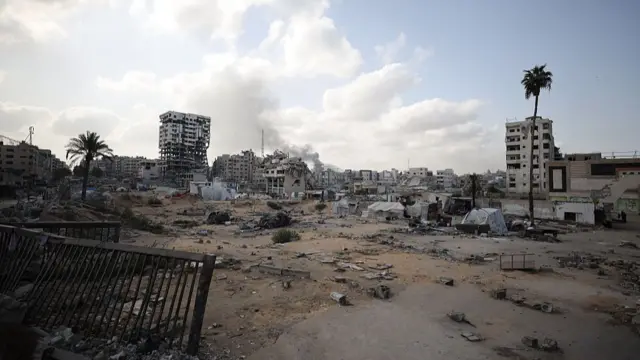Family reacts as Hamas publishes hostage videopublished at 17:35 BST 22 September
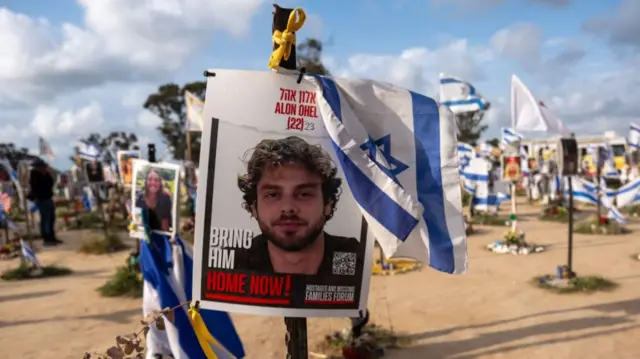 Image source, Getty Images
Image source, Getty ImagesAs we await today's UN discussion on a "two-state solution", Hamas has published a video purporting to show one of the remaining Israeli hostages.
In a widely-circulated video, 24-year-old Alon Ohel, who was abducted from the Nova music festival on 7 October 2023, wears black while speaking to a camera. Ohel was last seen in a video released by Hamas earlier this month.
Ohel is one of 48 hostages still being held by Hamas. Twenty are thought to be alive.
Reacting to the video of their son, Alon's parents Idit and Kobi say they are "shaken and in pain" following its release.
They ask that the video is not shared, and demand Alon is provided with treatment as part of any negotiations, saying he "appears thin and distressed".

